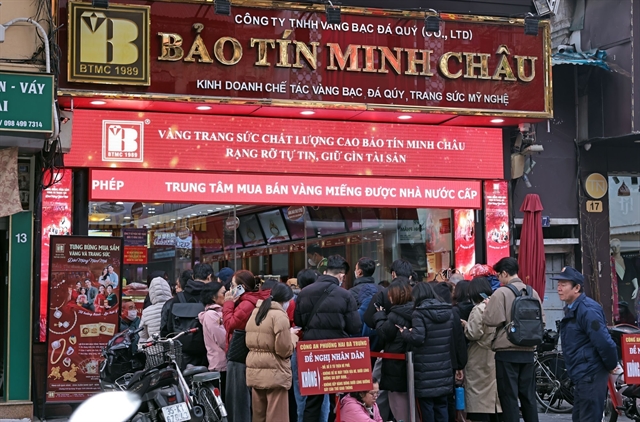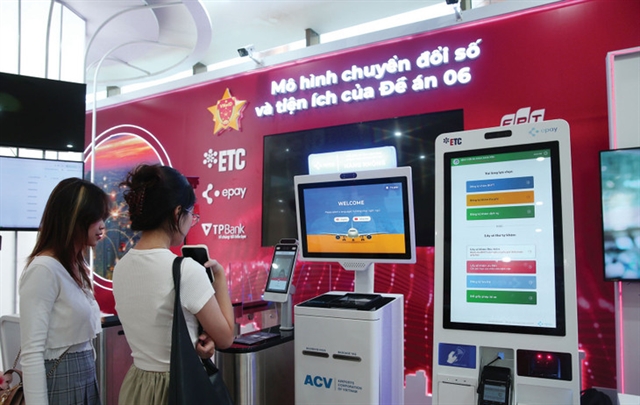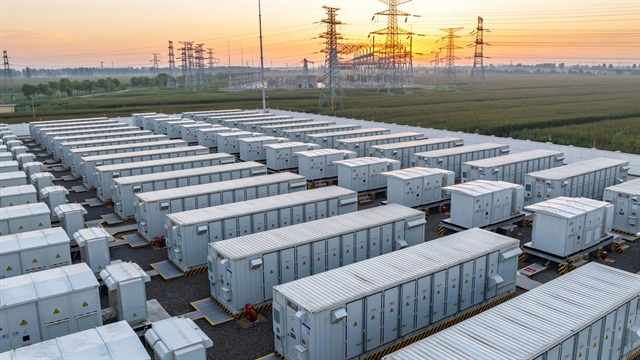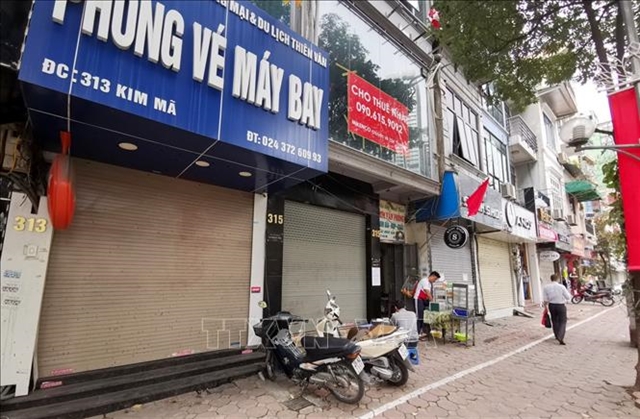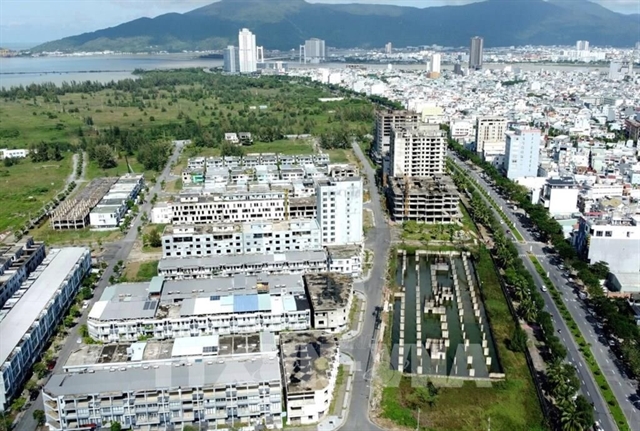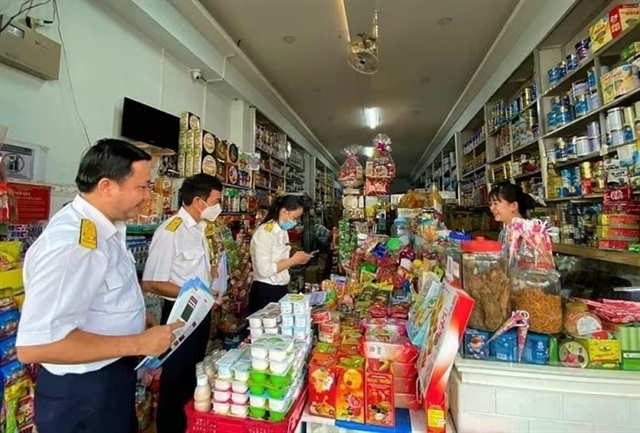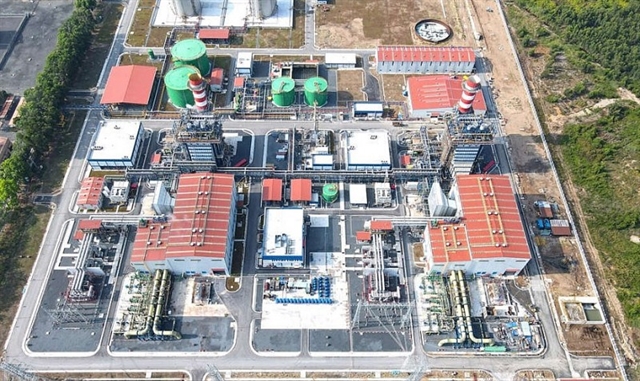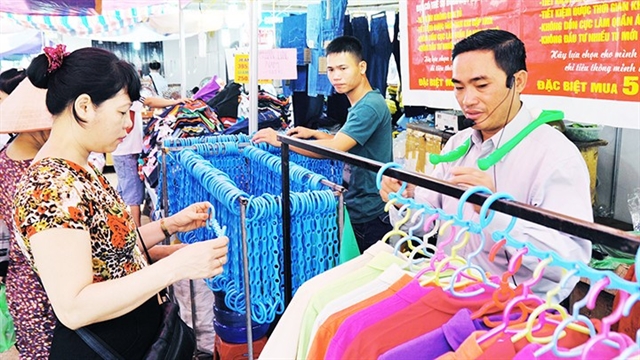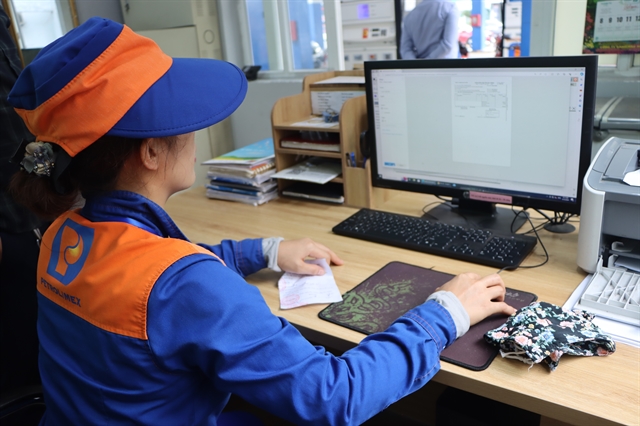
The potential demand for infrastructure bonds is huge. When the new policy is activated, the market will accelerate strongly.

The proposal to exempt construction permits for individual houses under seven floors in urban - raised during the amendment of the Construction Law - is attracting significant attention from the public and experts.

BESS is no longer viewed as auxiliary equipment but as a core component of the clean-energy ecosystem. The technology enables the storage of renewable electricity, stabilises grid frequency, eases transmission congestion and smooths peak and off-peak loads.

A large wave of closures is prompting renewed scrutiny of Việt Nam’s bankruptcy law, as many argue that the current framework neither reflects market realities nor provides an effective safety net for struggling firms.

Under the plan, all business households nationwide will switch to a self-declaration and payment, starting from January 1, 2026, putting an end to lump-sum tax mechanism that has been in place for decades.

To ensure that policies are implemented effectively, fairly, and sustainably, it is urgent to amend and supplement the Land Law, particularly regarding the land valuation mechanism.

With the Law on Geology and Minerals 2024 coming into effect on July 1, 2025, the sector is expected to enter a new era of transparency, efficiency and sustainability, but it requires collective commitment from regulators, enterprises and the community for the law to become an effective management tool.

There needs to be a detailed impact assessment of the tax changes before application to make the policy effective.

As of May 20, 2025, Việt Nam had 858 enterprises and manufacturing facilities certified to the International Automotive Task Force (IATF) standards.

The project has been reported to the Government with a resolution expected to be issued within August or September.

Most other LNG projects in the Power Plan VIII are still in the project investment phase or looking for investors.

The proposed 20 per cent rate is excessively high and could disincentivise retail investors from entering the market.

Việt Nam has set its sights on double-digit growth. But without structural reform, momentum alone will not take it there.

There must be special solutions on improving the business environment and encouraging business households to transform to enterprises.

Franchising is an effective strategy for international market expansion across all sectors.

Access to this massive amount of data allows banks to expand their digital offerings, particularly online lending.

One catalyst behind this trend is unverified information about potential administrative changes — notably plans to merge districts or upgrade rural areas into provincial centres.

This is a fundamental change in the tax authority's method of managing household businesses, as stipulated in Decree 70/2025.

